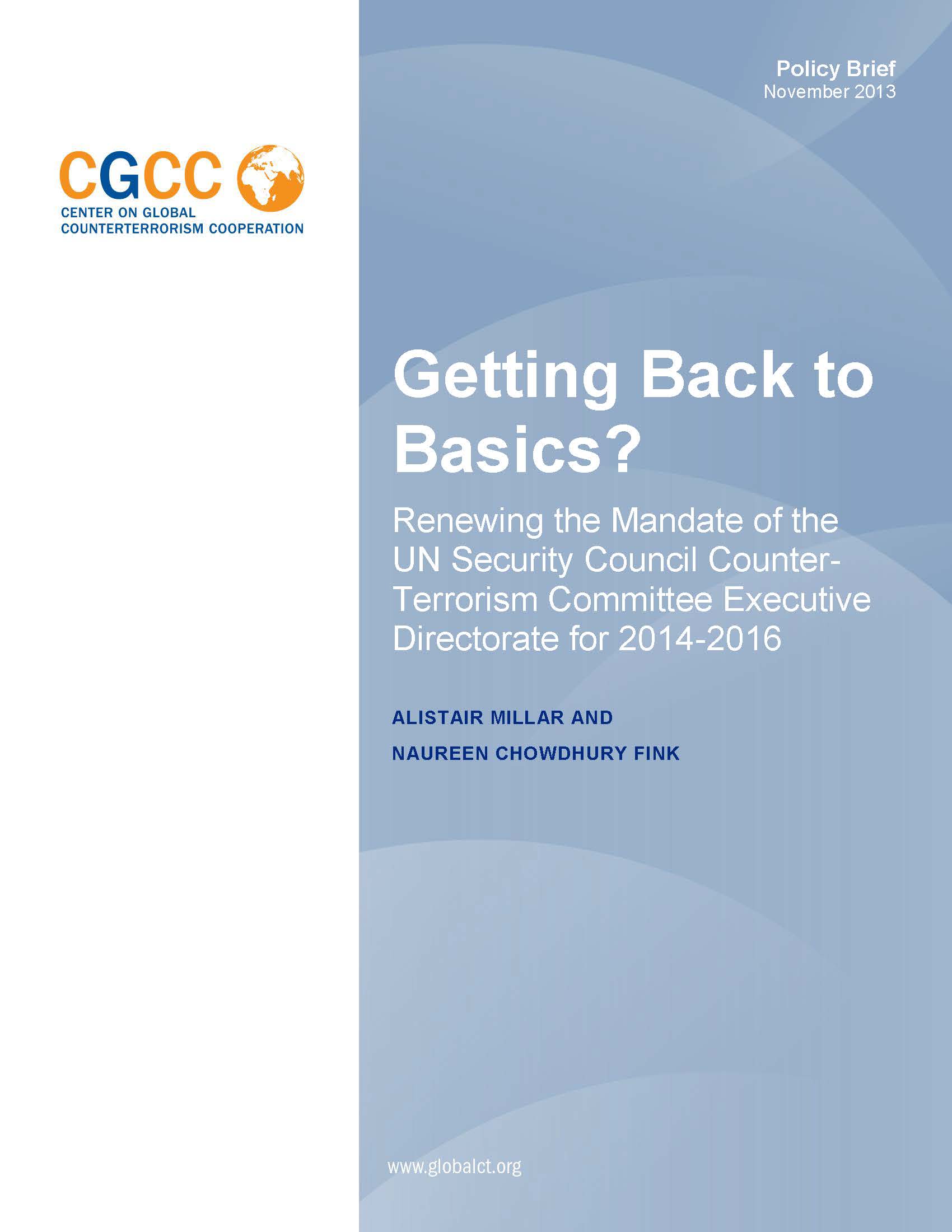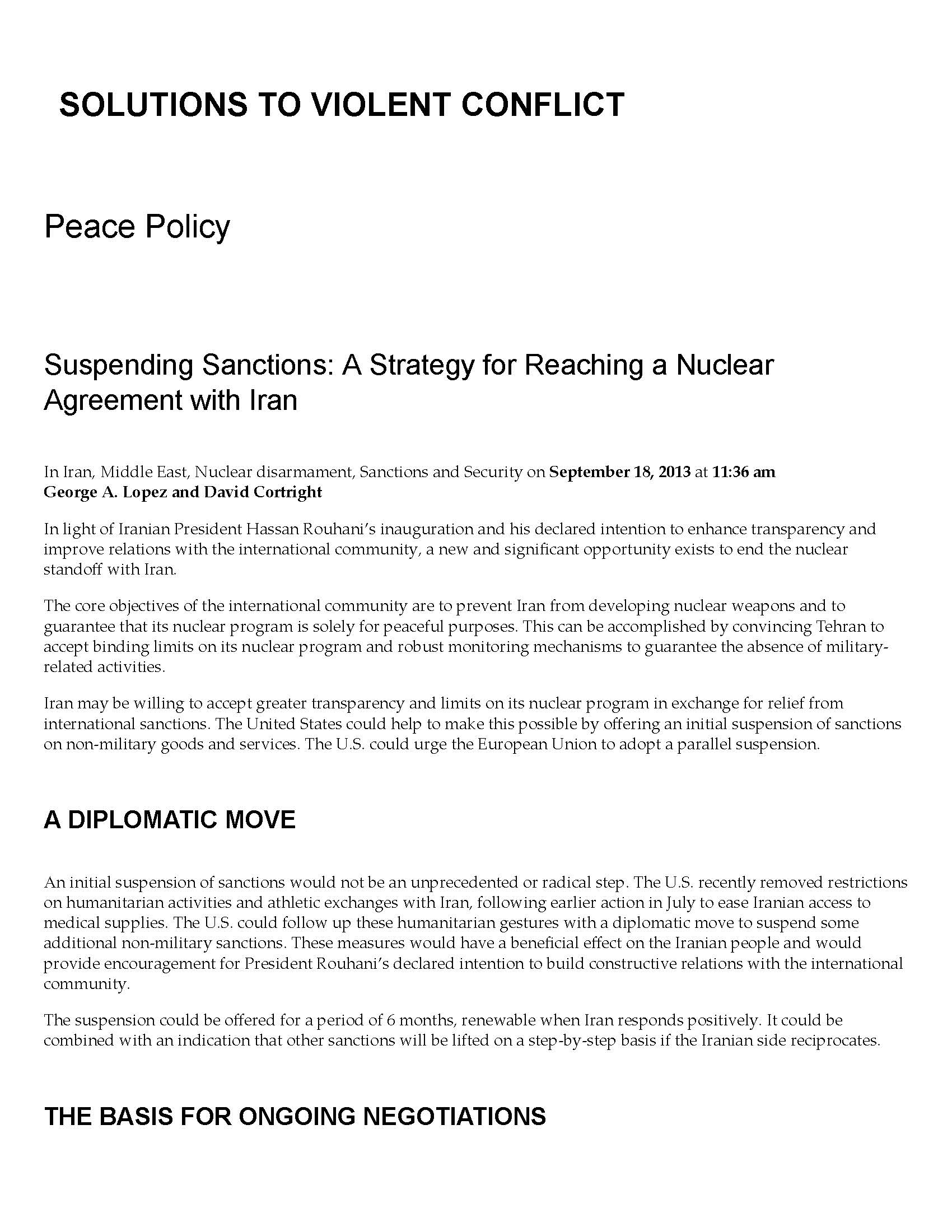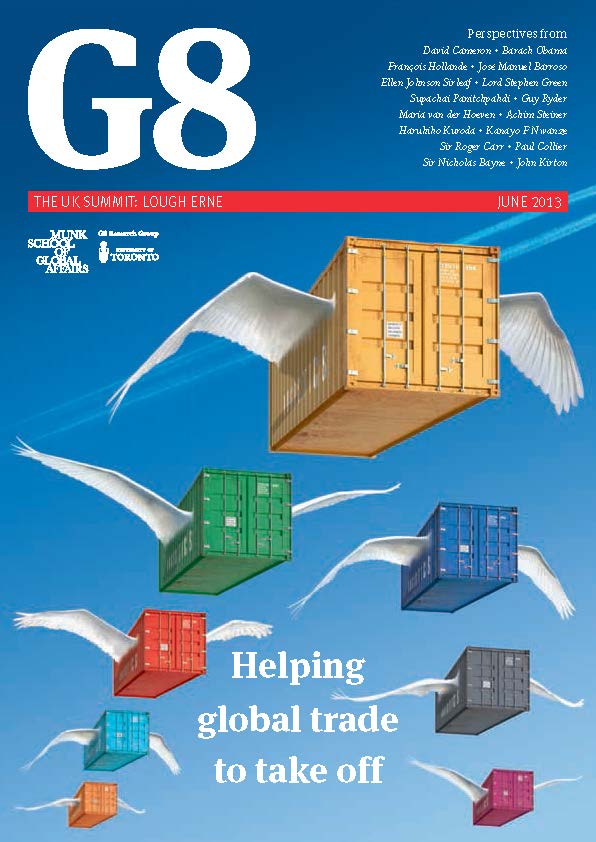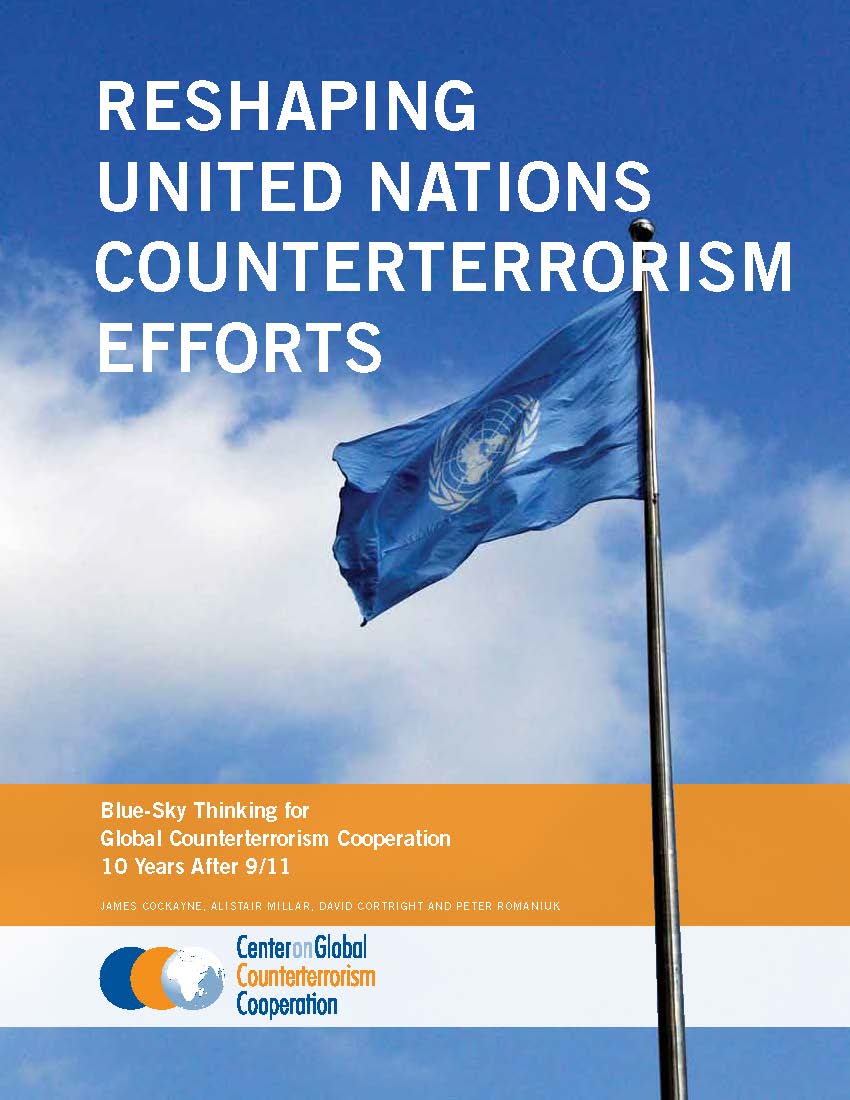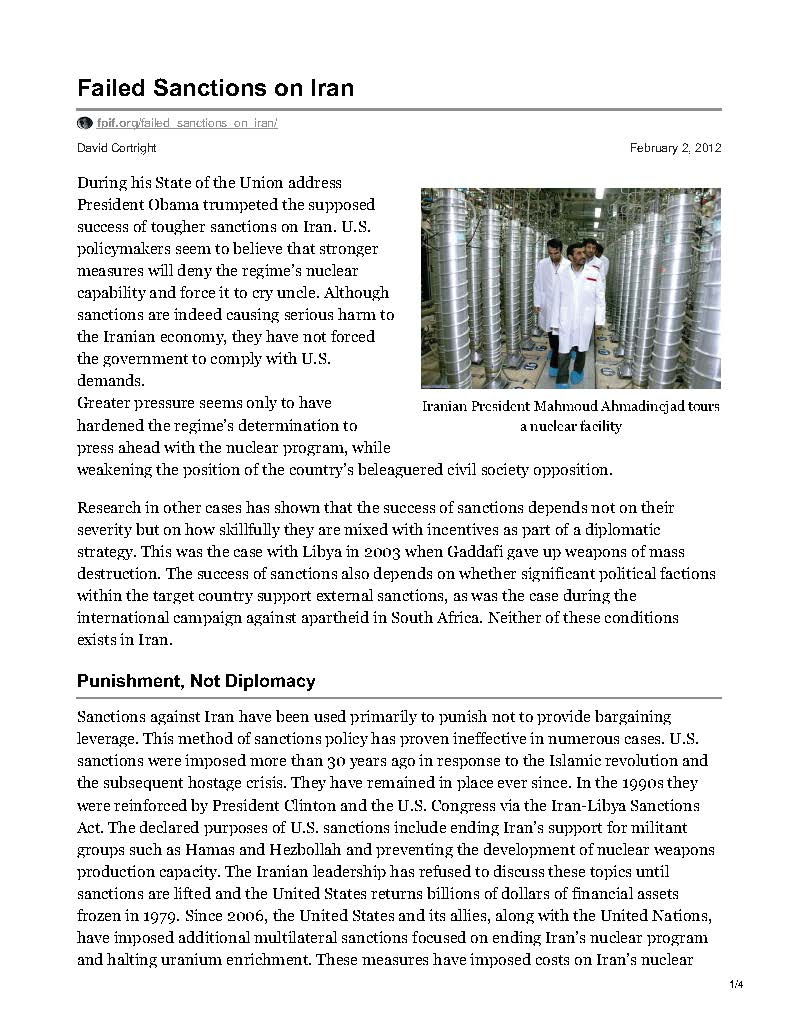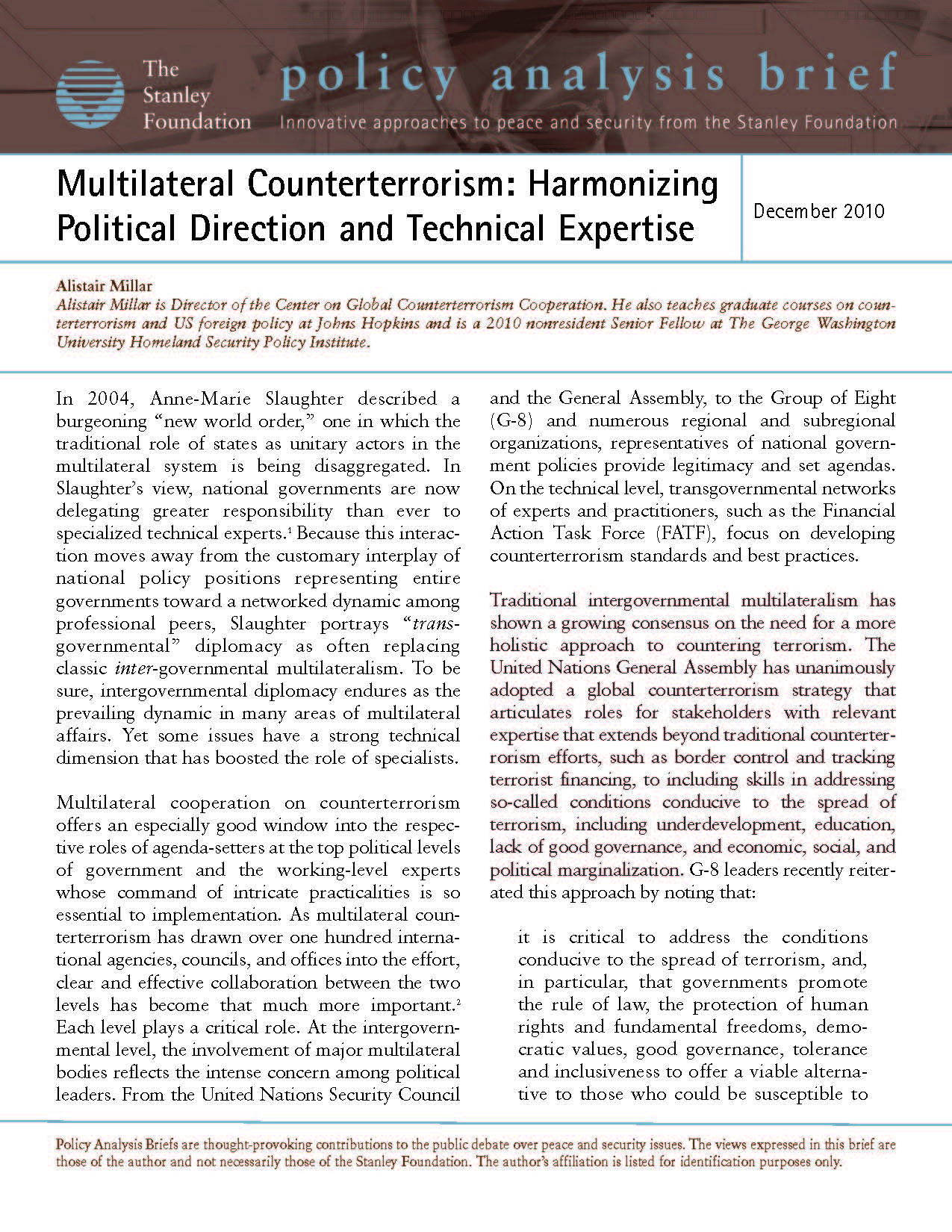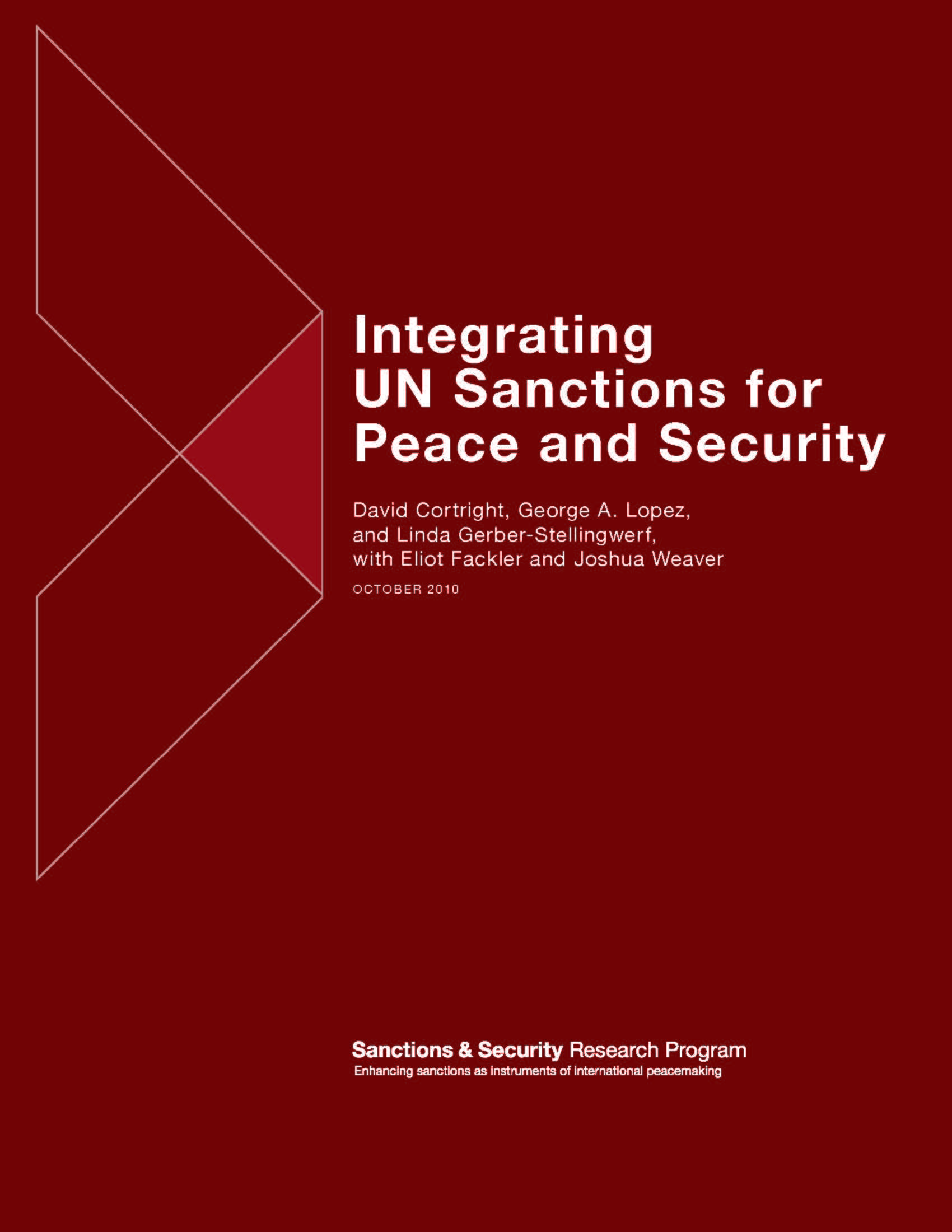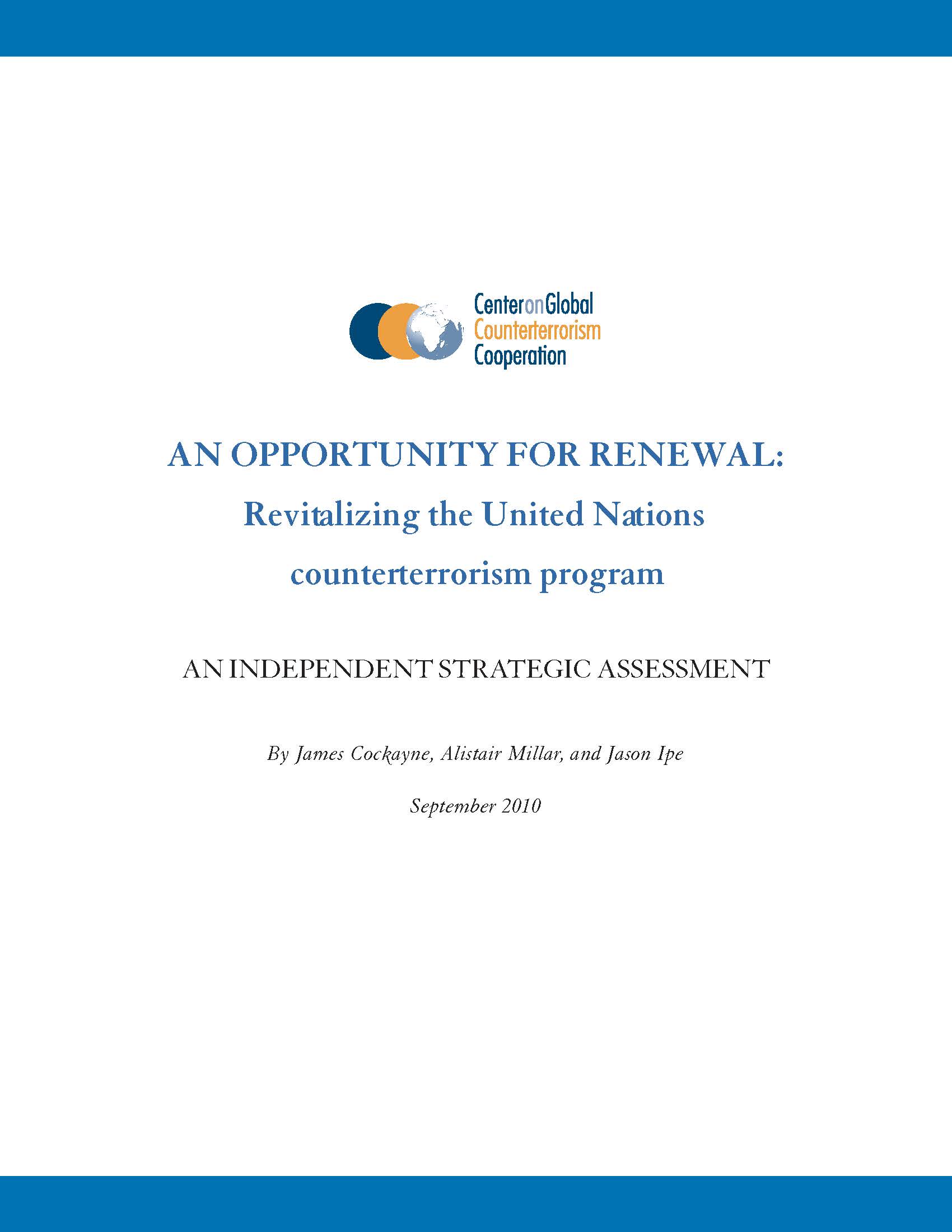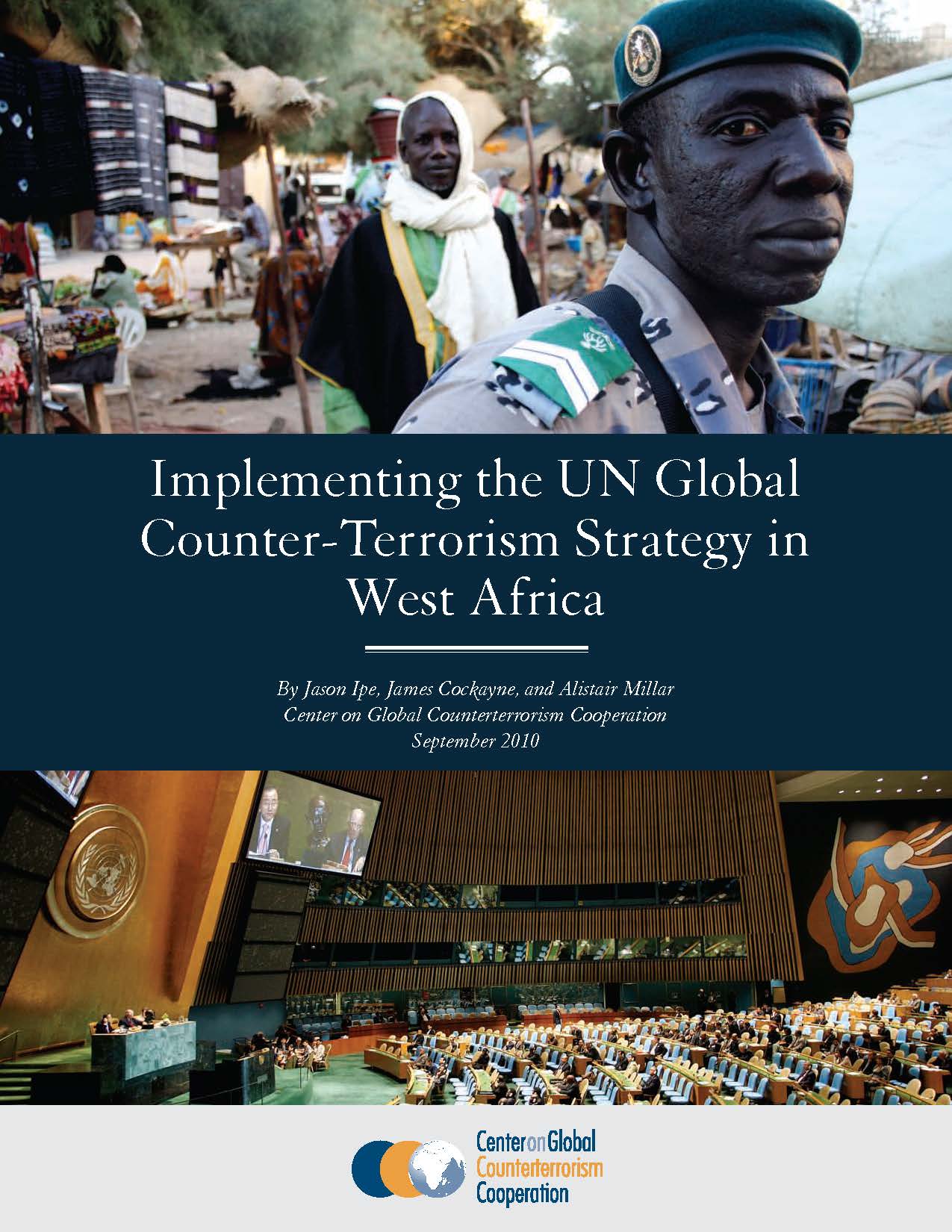Getting Back to Basics?: Renewing the Mandate of the UN Security Council Counter-Terrorism Committee Executive Directorate for 2014-2016
Policy brief — November 2013
The policy brief discusses the role of the Counter-Terrorism Executive Directorate (CTED) and the opportunities presented by the renewal of its mandate before the end of this year to further strengthen and clarify its role in the multilateral counterterrorism framework. It explores recent changes in the multilateral counterterrorism architecture, including the establishment of new entities within and outside the United Nations with a focus on countering terrorism and violent extremism.
